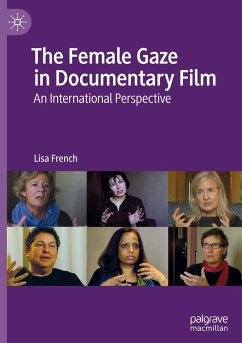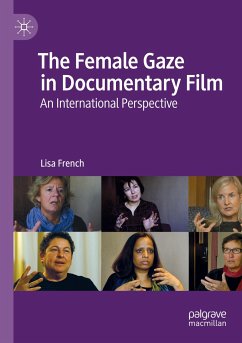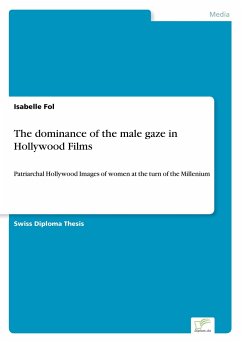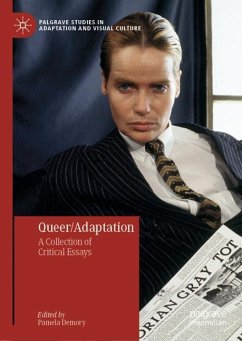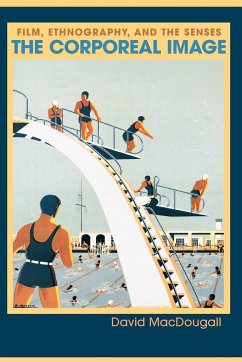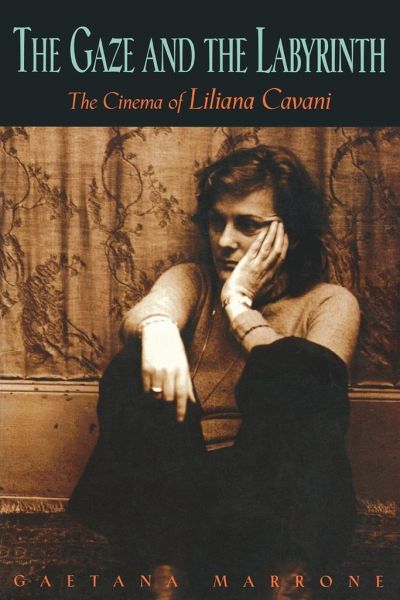
The Gaze and the Labyrinth
The Cinema of Liliana Cavani

PAYBACK Punkte
24 °P sammeln!
This is the definitive work in English on Liliana Cavani, whose rightful place in the ranks of Italian cinematic auteurs is hereby critically established. The prodigious learning that Gaetana Marrone brings to this study shows the cultural and technical richness of cinema in general and of Italian art cinema in particular, with Liliana Cavani as one of its foremost practitioners. Marrone's total immersion in the subject produces a critical study from within, at once deeply engaged in all aspects of the filmography, and intellectually rigorous in its approach.
In this, the first comprehensive book on Liliana Cavani, Gaetana Marrone redraws the map of postwar Italian cinema to make room for this extraordinary filmmaker, whose representations of transgressive eroticism, spiritual questing, and psychological extremes test the limits of the medium, pushing it into uncharted areas of discovery. Cavani's film The Night Porter (1974) created a sensation in the United States and Europe. But in many ways her critically renowned endeavors--which also include Francesco di Assisi, Galileo, I cannibali, Beyond Good and Evil, The Berlin Affair, and several operas and documentaries--remain enigmatic to audiences. Here Marrone presents Cavani's work as a cinema of ideas, showing how it takes pleasure in the telling of a story and ultimately revolts against all binding ideological and commercial codes. The author explores the rich visual language in which Cavani expresses thought, and the cultural icons that constitute her style and images. This approach affords powerful insights into the intricate interlacing of narrated events. We also come to understand the importance assigned to the gaze in the genesis of desire and the acquisition of knowledge. The films come to life in this book as the classical tragedies Cavani intended, where rebels and madmen experience conflict between historical and spiritual reality, the present and the past. Offering intertextual analyses within such fields as psychology, history, and cultural studies, along with production information gleaned from Cavani's personal archives, Marrone boldly advances our understanding of an intriguing, important body of cinematic work.




